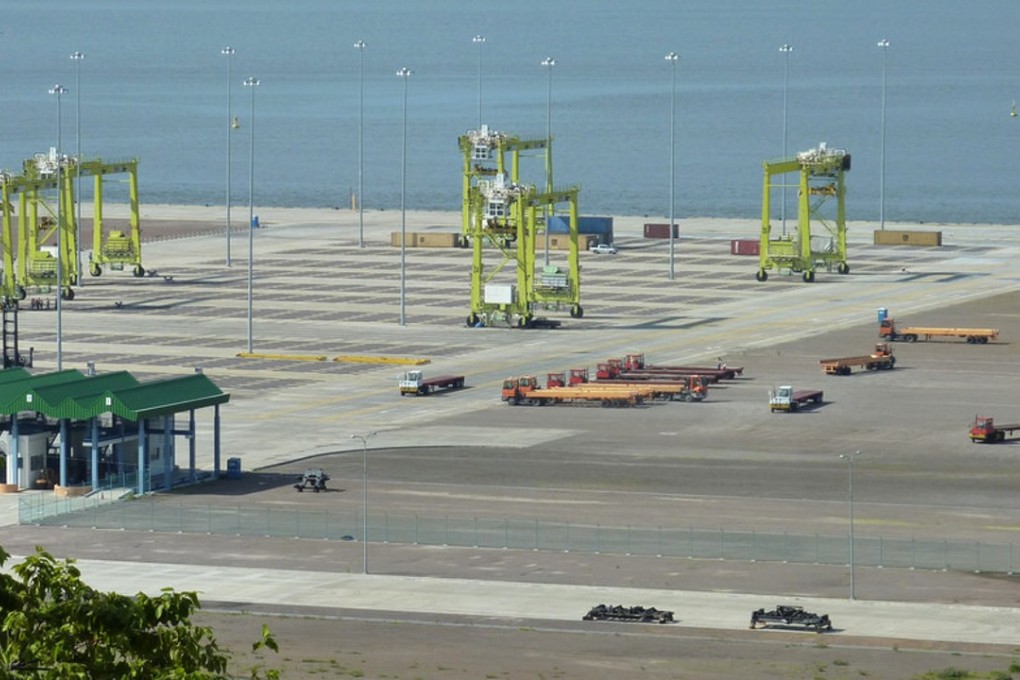China’s new alliance stirs US worries over possible ‘military base’ in El Salvador
US ambassador had warned about Beijing’s intentions at La Union port before the Central American nation made a diplomatic switch from Taipei

El Salvador might be a small nation, but the United States is worried it has something more to offer mainland China than diplomatic recognition: a port that could be used for military purposes.
While Taipei has accused Beijing of luring its allies away with generous aid offers, Washington sees the latest switch as not just a case of piling more pressure on the self-ruled island, but a move to shore up mainland China’s security and strategic planning in the region.
Jean Manes, the US ambassador to El Salvador, tweeted on Tuesday that the United States was concerned about the Central American nation’s decision to break ties with Taiwan.
“Without a doubt, this will impact our relationship with the government. We continue supporting the Salvadoran people,” she said.